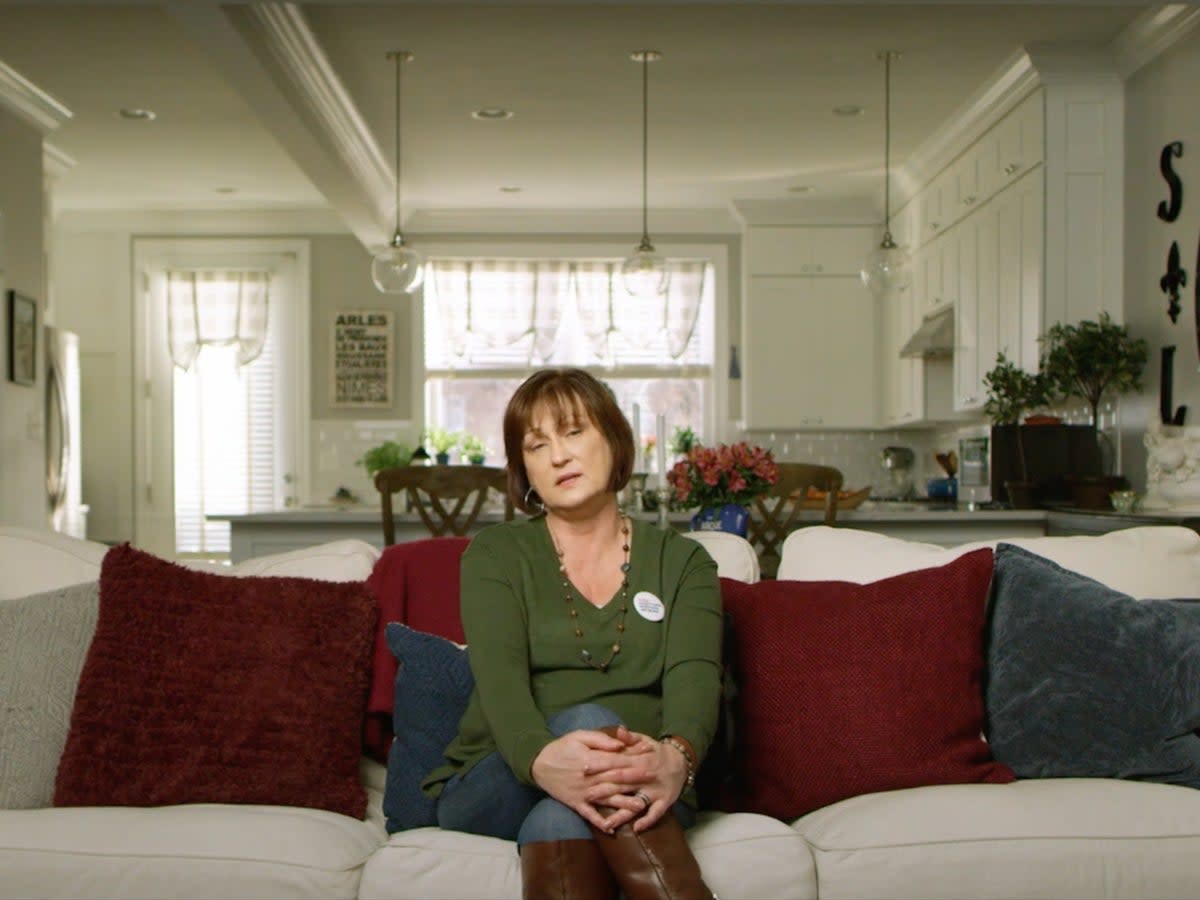Domestic abuse survivor will ‘sleep better’ after Supreme Court ruling banning abusers from possessing guns

Laura Morris thought she died when she was struck by a bullet fired from her husband’s gun. Now, four decades after surviving the incident, she gets to “sleep a little better” knowing that a law keeping firearms out of the hands of domestic abusers will remain in place.
Morris, who has a bullet in her shoulder, told The Independent she was “thrilled” after the Supreme Court upheld the federal law in United States v Rahimi on Friday.
In the 8-1 decision, the court found: “An individual found by a court to pose a credible threat to the physical safety of another may be temporarily disarmed consistent with the Second Amendment.”
“This was personal,” Morris, a senior fellow at Everytown Survivor Network, said about the decision.
After enduring a crescendo of abuse from her husband in the 1980s — in which her husband punched her, slapped her, choked her, shoved her, and threatened to shoot her — he eventually did.
He grabbed his .22 handgun one night, pushed her onto the couch and aimed the weapon at her stomach, she previously told The Independent. Then, he shot her. Morris didn’t feel any pain, she said, “so I actually thought that I was dead.”
That’s when the smell of gunpowder took over and she noticed the hole in her shoulder. “I was so glad that it was something low caliber,” she recalled. She filed for divorce six months after the shooting.
This decision — and the law that it defended — doesn’t just protect survivors, but also protects their children, Morris said.
Nearly two-thirds of domestic violence–related mass shootings from 2015 to 2022 killed at least one child or teen, an Everytown for Gun Safety report revealed.
The federal law also protects the community from mass shootings. In 46 per cent of mass shootings from 2015 to 2022, the perpetrator shot a current or former intimate partner or family member, the report showed.
“The ruling will save lives,” the survivor said. “It does show there’s some common sense out there.”
Justice Clarence Thomas authored the only dissent, writing: “Not a single historical regulation justifies the statute at issue.”
Morris called Thomas’ opinion “insane.” She added: “I'm assuming that they still have metal detectors going into the Supreme Court. So I think it's a little bit hypocritical of him to say that these women should live in fear of being shot” while he’s protected.
But, she added: “As happy as I am, I know there’s a lot of work ahead.” Morris said she is dedicating her efforts to fighting lax gun laws, promoting red flag laws, and discouraging those wounded by gun violence from retaliating.
Still, the survivor praised the ruling as a step in the right direction: “I'm gonna sleep a little better tonight. Knowing that this, this is here. I'm thrilled.”

